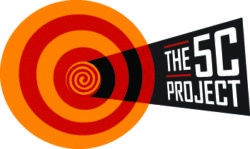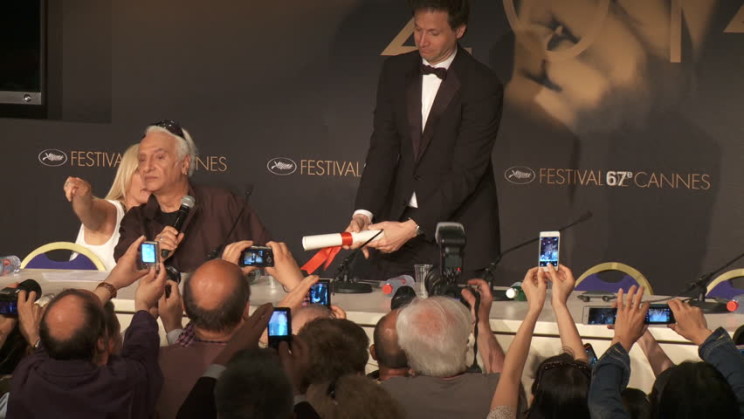Reflection on Jean-Michel Frodon´s Masterclass
During his Masterclass, the reknown French film critic Jean-Michel Frodon emphasized on four different forms of writing on film which in his opinion undermine the role and quality of film criticism. Naming them anecdotely “the bad masters of film criticism”, Frodon elaborated on the impact of film merchants who utilize film criticism as a mean of advertising; entertainers who perceive it as a consumer´s guide by providing/ requiring “useful” reviews that point out if a film is good or bad; journalists who convert film criticism simply into news or sensation; and professors who use it as knowledge tools therefore they dissect the film into elements.
I would claim that a fifth bad master could be pointed out and this is the film festival reporter. I have in mind this adventurous stratum of the film criticism society that travel from a festival to a festival dropping by home once per month to make the laundry and continue towards their next destination. Festival reporters are a bunch of well-travelled and always up to date cosmopolitan people who know each other and gather as a family at almost every big festival. They often watch between four and six films per day, make interviews and write their reports in between and even manage to catch up with late night parties. Throughout this dolce vita continuum they train themselves to be fast, witty and skillful writers, however certain features of the genre they master do not always correspond to what film criticism theoretically tends to be. Here are some of them:
- Summary reports often sound rather like touristic itineraries, at least in their introductions. Authors get tempted to share their experiences related to characteristics of the festival location and organization, side events, important guests, even accommodation and food when it comes to more exotic places. Thus not much space is being left for the actual analysis of the films. In many cases they are just mentioned with descriptive sentences simply to illustrate an aspect of the program that the writer emphasizes on.
- Even when a review on a single film is written, it is more likely to be situated in the festival context, hence compared to other titles in the same selection (being competition, parallel program or retrospective). As the film is not being analyzed in its original and individual context, the evaluation of its artistic qualities highly depends on the qualities of other films in the program as well as on the overall profile of the festival. This often causes undermining or exaggeration of the qualities.
- Festival awards severely influence perception of films even among professionals. It is not only a matter of impact on personal taste but also of imposing trends. And namely these trends are often in focus of festival reports rather than films themselves.
- Festival accommodation, amount/ quality of food and alcohol and the privileges that reporters have access to (does their badge allow them to attend all screenings, do they get invitations to dinners/ parties and which ones) paradoxically impacts their overall opinion on the event too. Despite the fact it does not have anything with cinema itself but only with the environment of its presentation set.
Although it´s not really possible for a film to be seen in purely neutral environment or for film criticism to be objective as Frodon implied during his workshop, it seems that festival report deviates from the notion of film criticism as in-depth analysis genre of a single artefact namely because of the huge external impact coming from the festival environment. But film critics are humans too thus criticism seems to be entitled to “bad masterhood”.

